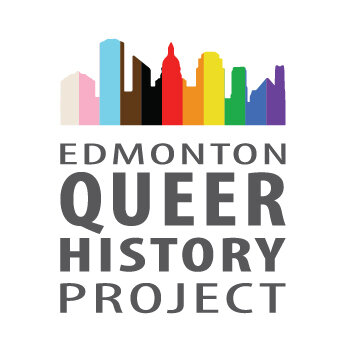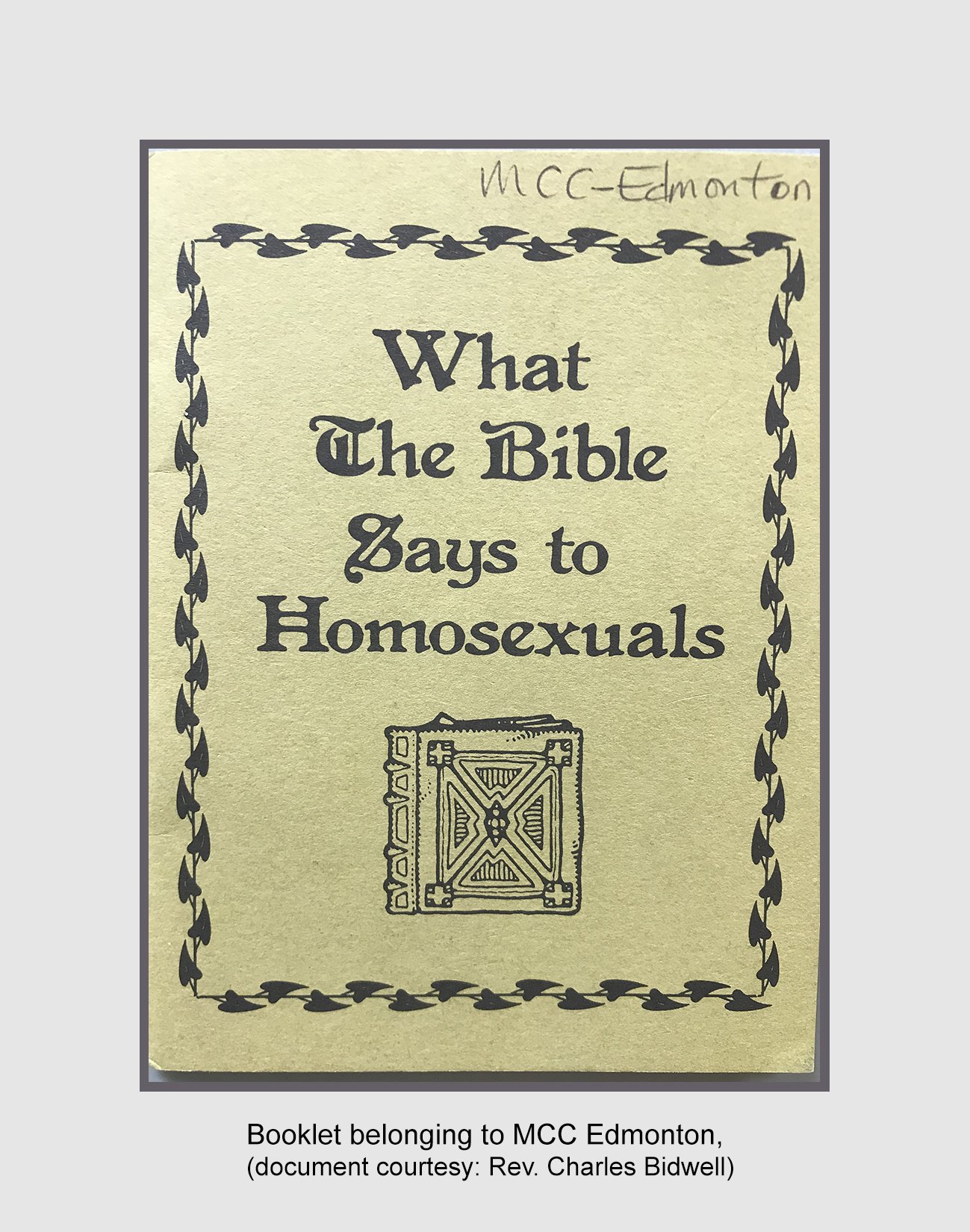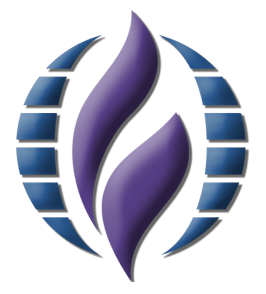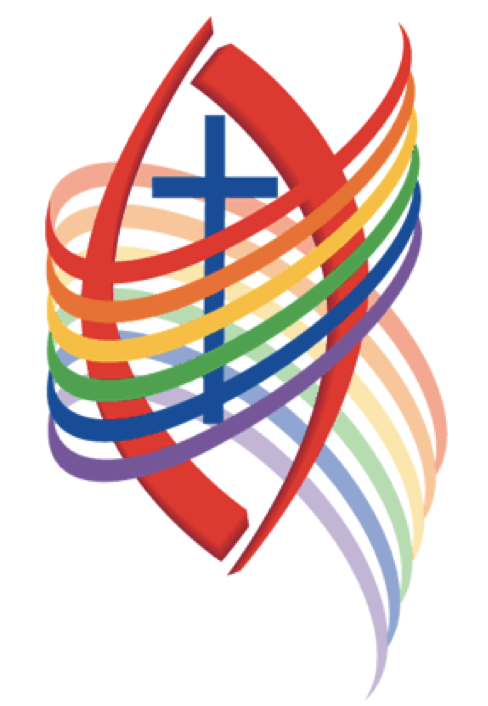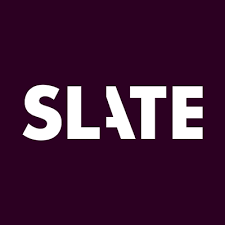CLICK HERE to continue reading full text on this page or download below
Bryant’s visit to Edmonton was incredibly controversial and polarizing, with over 6,000 people in attendance where she sang and spoke about Christian “love and acceptance.” Bryant was widely known across North America for her anti-gay sentiments and her attempts to block or overturn anti-discrimination ordinances for the gay and lesbian community in various US cities, including most notably in her home state of Florida. Her virulently homophobic “Save Our Children” crusade was based on the premise that since “homosexuals cannot reproduce, so they must recruit.” Bryant’s campaign material often compared homosexuality to child abuse, pornography, and pedophilia. Bryant proclaimed that anti-discrimination ordinances would force schools to “hire flaunting homosexuals to teach our children.”

